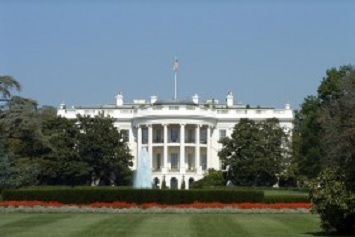Shortly after the inauguration of President Donald Trump, all executive branch departments and agencies were directed to freeze most pending regulatory actions in order to allow time for the new administration to review them. Two recent safety-related final rules are affected by the freeze.
 |
Under the freeze, agencies may not submit regulations for publication in the Federal Register, must withdraw any regulations submitted for publication but not yet published, and must postpone the effective date of final rules that have already been published but have not yet taken effect for at least 60 days.
The first safety rule affected by the freeze is OSHA’s January 9 final rule aimed at reducing beryllium exposure in the workplace. Originally slated to take effect on March 10, 2017, the new effective date for the rule is March 21, 2017.
The rule reduces the permissible exposure limit (PEL) for beryllium to 0.2 micrograms per cubic meter of air (µg/m3) over an 8-hour time-weighted average, down from the current PEL of 2 µg/m3. The rule also includes a short-term exposure limit of 2 µg/m3 over a sampling period of 15 minutes. It also includes requirements for exposure assessment, control methods, respiratory protection, personal protective clothing and equipment, housekeeping, medical surveillance, hazard communication, and recordkeeping.
The Department of Transportation’s Federal Motor Carrier Safety Administration (FMCSA) also has a rule affected by the freeze. The final rule titled “Minimum Training Requirements for Entry-Level Commercial Vehicle Operators,” initially effective February 6, 2017, is postponed to March 21, 2017.
The FMCSA rule establishes new minimum training requirements for certain individuals applying for their commercial driver’s license (CDL) for the first time, applying for an upgrade of an existing CDL, or seeking a hazardous materials, passenger, or school bus endorsement for the first time. The new requirements create a core curriculum for entry-level training for each class of CDL and endorsement and require training to be given by a registered provider.
The February 7, 2020, compliance date for the rule has not changed due to the regulatory freeze.
